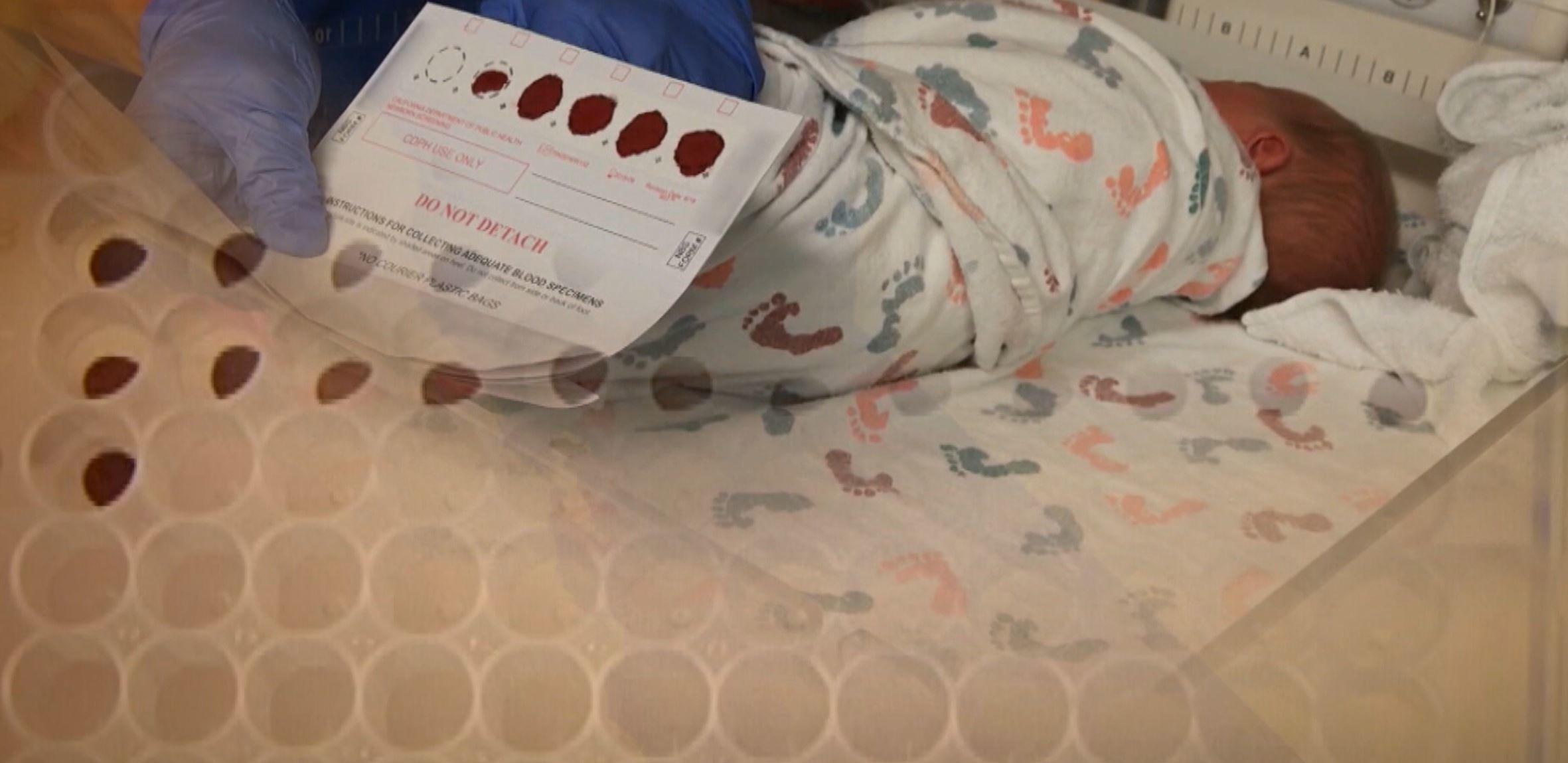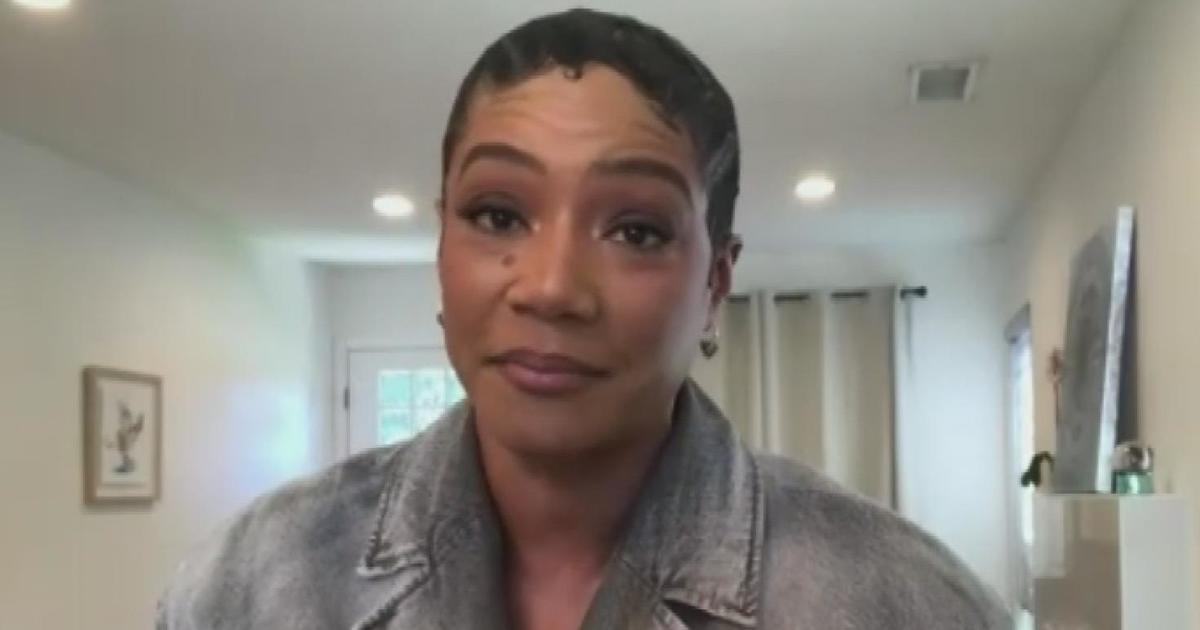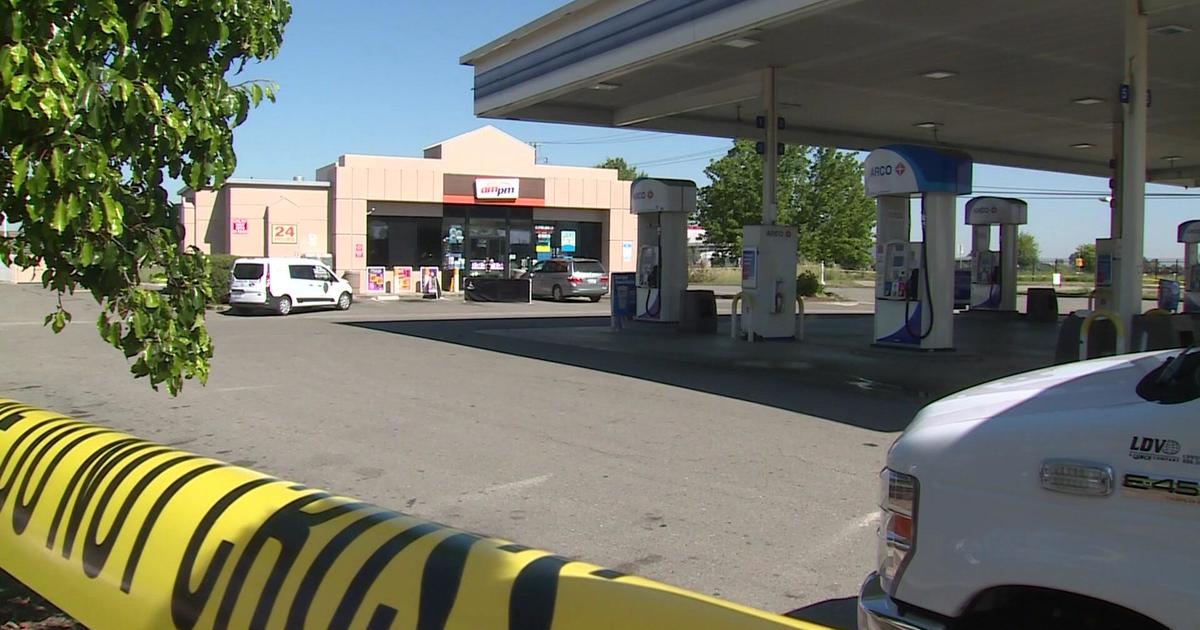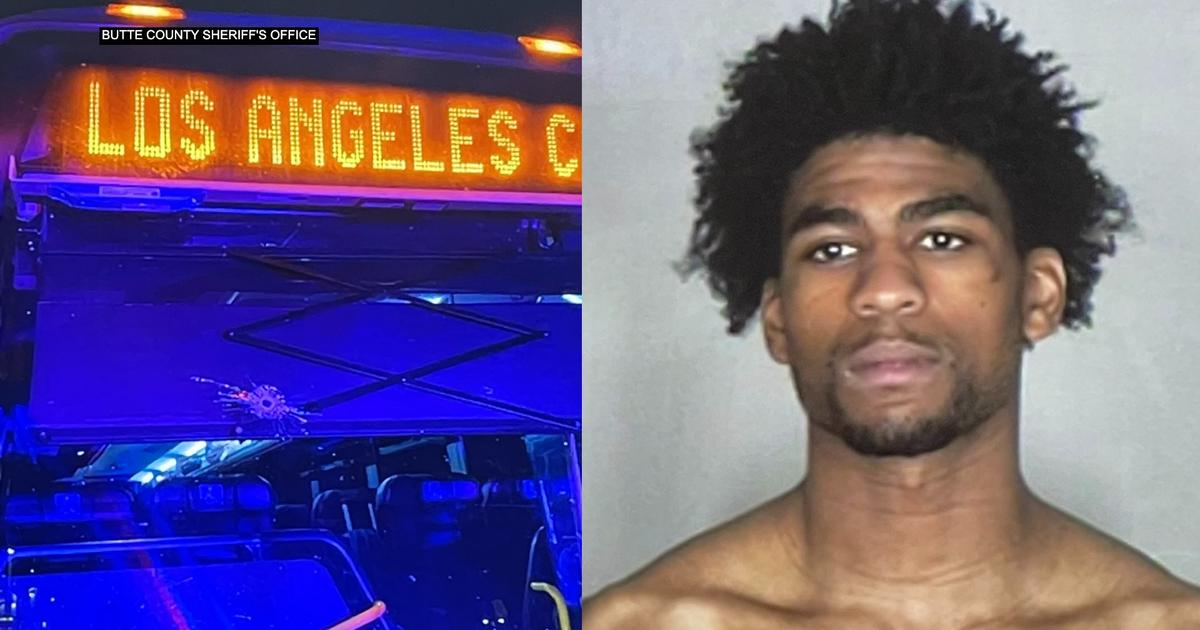Local Pesticide Concerns Lead To Positive Changes In Public Schools
 (Photo Credit: Thinkstock)
(Photo Credit: Thinkstock)
This article is presented in partnership with CA Lottery.
Every day when he was little, Nicolas Suwol would start his day with a precious ritual: blowing his mother a kiss before entering his Los Angeles kindergarten class and beginning another day of learning his colors, letters and shapes.
On one particular morning, the tot's air kiss coincided with a head-on, full blast of pesticide being sprayed onto the school's bushes by a hazmat-suited worker nearby. Nicholas managed to get out the words "It tastes terrible," before he was overcome with a full blown asthma attack. His horrified mother got him medical treatment immediately, potentially saving his life. That might have been the end of that, had his mother not been Robina Suwol. Instead, that fateful kiss was a turning point -- not only for the Suwol family, but also for the Los Angeles Unified School District (LAUSD) and all of the kids they care for.
A Mom With a Mission
Suwol was committed to making sure this type of incident never happened again, neither to her child nor to anyone else's at a public school. She found out the chemical being sprayed on school grounds that day was Princep, a toxic herbicide. She also learned the use of toxins, both indoors and outdoors on school grounds in Los Angeles, was commonplace.
"The schools were using around 160 chemically-based products, some of which were known to cause cancer," says Suwol.
Non-litigious, she decided to coalition build, wooing LAUSD officials, teachers, parents and community leaders together and founded California Safe Schools.
"One year to the date of my son's attack, the LAUSD implemented the most stringent pesticide policy for schools anywhere in the U.S.," says Suwol.
Suwol's 15-member coalition has continued to meet monthly for the past 17 years, serving the school districts as an oversight committee.
"We believe in the 'be safe not sorry' rule," she says. "If we don't know enough about a product and its chemicals, we don't use it."
This Precautionary Principal is built into LAUSD's Integrated Pest Management Policy, which states that no pesticide product is completely free of risk or threat to human health and that industrial producers must prove an absence of risk before the product will be used by the schools.
Suwol's hard work was only just beginning. LAUSD's groundbreaking policy became a divining rod for change and became the basis for the California Healthy Schools Act, adopted eight years later. "The Act borrows from the LAUSD policy. It's not as strict, but it's a good start," she says.
Carrying the Message Forward
Understanding that real, long-term change can only happen if children, as well as adults, become committed stakeholders, the California Safe Schools website provides child-friendly coloring pages, door hangers and posters that teach about chemicals, beneficial insects and natural pest protection. It also includes practical information parents and teachers can use as well as policy information geared toward school administrators. The goal is for every school district nationwide to take on standards the same or similar as that of the LAUSD.
In the years since Nicolas Suwol's asthma attack, hundreds of thousands of children in California have benefited from the work started by the California Safe Schools coalition. It may have taken more than one committed mom to get it done, but without Suwol's determination, the groundswell of change may never have happened.
Her explanation for why she succeeded where others had failed is simple: "I always, always told the truth and people came to trust me a great deal. I encourage people to not pull shenanigans, especially with children's health."
Corey Whelan is a freelance writer in New York. Her work can be found at Examiner.com.



